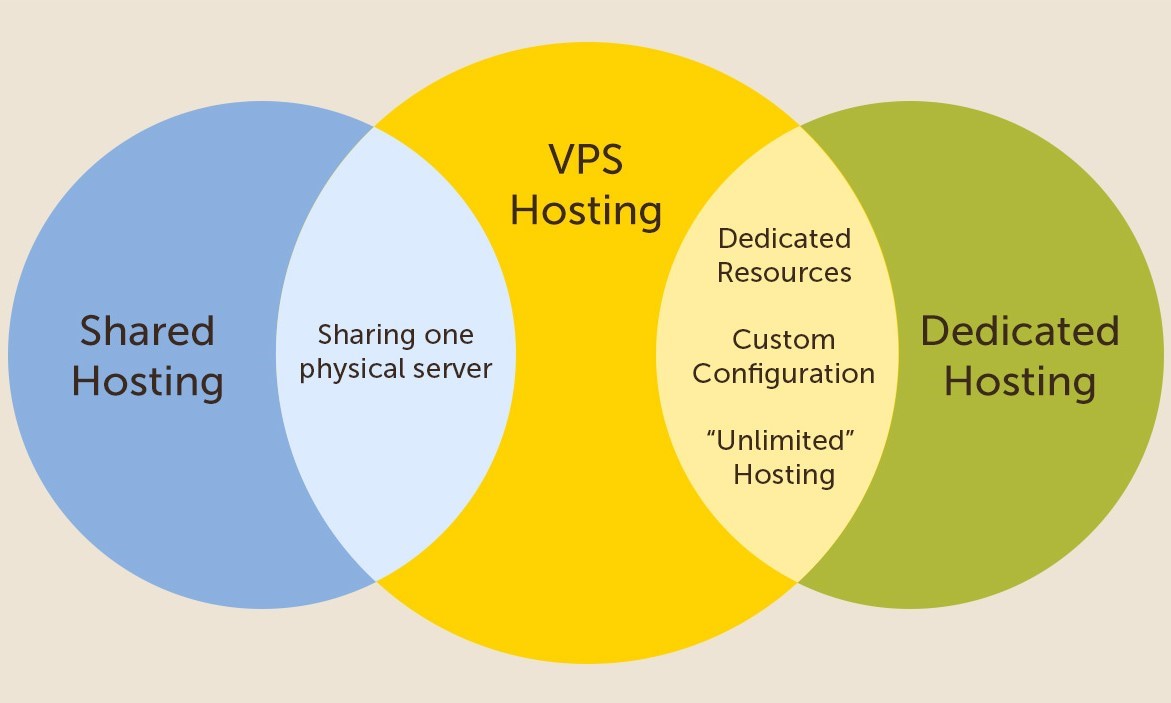Probably you already know the UK has become the center of e-commerce. The more the websites - the more web hosting services are perceived in demand.
The total number of registered companies in the UK has reached 4,716,126, with a massive increase of 8.4% compared to last year and still counting. That means the rush for the best web hosting providers in the UK is real!
Make a search query on Google, and you’d find tons of companies claiming to be the top web hosting providers in the UK.
But how do you find the best web hosting company in the UK?
How do you make sure you get the right web hosting service for your online business?
This handy guide will make it easy for you to understand web hosting, and till the end, you will know what essentials to consider when choosing the right web hosting provider for your business website.
Let’s dive into the information!

What is Web Hosting?
In the most simplified terms, web hosting is a service that enables your website to be accessible on the internet by anyone who searches for it.
When you get a web hosting plan, it grants you access to a web server, where you can store all your necessary files and data - your text, images, and video content to share it with the world.
How Does Web Hosting Work? (An Easy Explanation)
Assume you start a local business in your city. What do you need? A physical location, a business address, and a complete setup to sell your products.
Right? The same rules apply when you are setting up a digital platform.
Didn’t get it? Let me show you how!
When you digitalize your business, you have HTML codes, text content, images, and videos to showcase your products and a permanent address that users type in their browsers to find you.
That is what makes a website.
When you buy a web hosting service, you pay the service provider to set up an online store just like a physical store.
What Does a Web Hosting Provider do for You?
There are three essentials of a web-hosting service that make up a complete web hosting plan.
Domain: A domain is your website’s name or address - the URL that users type in their browser to get access to your website, just like websouls.co.uk.
In short, the domain is the business address of your website.
Hosting server: A hosting server houses websites, applications, and other services. It is also responsible to handle all the traffic that comes to your website.
Storage: Every website has images, text, and video content that needs storage to function smoothly. You will get sufficient storage space in your package according to the needs of your website.
What are the Types of Hosting? (And How Do You Choose the Best Web Hosting Service?)
I assume now you know, to start a website, you need a web hosting plan. But you are still unclear about the types of hosting and which web hosting package is best for your website.
Before you choose the best web hosting service for your website, you need to understand the primary features and associated benefits of each web hosting type.
Let’s break this information into digestible chunks.
There are mainly five types of web hosting options to choose from.
Shared Hosting:
Shared hosting is by far the best web hosting package for small businesses or startups.
It is an effective and affordable web hosting option where hosting companies run your website on a shared server with multiple other websites.
As many websites share the same server, it reduces your cost to a few bucks a month only.
Shared hosting is perfect for new businesses, portfolio websites, or blog websites with a limited requirement of storage and bandwidth.
VPS Hosting:
VPS stands for a virtual private server. This web hosting option costs you a few extra bucks, but it offers many benefits alongside.
For instance, if you choose a VPS hosting plan for your business, you get to have your separate environment for your website on the same shared server.
You get more processing power, RAM, and disk space. VPS hosting is the best option if your website generates good daily traffic and has an already established business.
VPS hosting is also credited to be more secure in comparison to other hosting plans, which is a major reason why users preferably shift to VPS servers.
However, if you have an informational website that never gets too many visitors, this web hosting isn’t recommended for you.
Look at this image to gain a clearer understanding of the benefits that VPS hosting offers:

Cloud Hosting:
In cloud hosting, your website runs on connected servers that make up a cloud. It means if your website uses cloud hosting, it never depends on one server to operate.
It offers more power and storage to the website. In any case, if one server faces a technical error, the other connected servers will provide support, and your website never crashes.
The cost for cloud hosting is a bit higher but it is essential to support faster loading speed when there is comparatively more traffic, files, and data on your website.
Managed WordPress Hosting:
This hosting plan is effective for websites developed on WordPress themes specifically. Managed WordPress hosting automates the updates for the new versions, data backup and prevents your business from security threats.
Managed WordPress hosting gives the best user experience. It handles all the technical stuff like website security, loading speed, latest updates, website uptime, and scalability.
If you are not tech-savvy and want to avoid any ins and outs of technical stuff, a managed WordPress hosting package is the best choice for your small business startup.
So, if you have a basic understanding of SEO, you’d better know Google ranks the websites that load faster and have high-end visuals.
Dedicated Server Hosting:
If you are a business that needs authority, security, and freedom all at the same time, dedicated server hosting is for you.
Dedicated server hosting is when you get complete control over the server. You can add new software or configuration settings when needed and manage security needs and compliance.
You need a dedicated server hosting if:
- Your business is growing
- You save users’ personal details
- Security is an issue for you
- You want to make your loading speed optimal
Till now, you know what web hosting is, how web hosting works, and the types of web hosting services.
Now comes the most crucial part!
Which web hosting provider to choose to get a suitable web hosting plan for your business website?
Here are the essential features to consider when choosing the right web hosting companies:
Performance
Consumers show little patience to websites with slow loading speeds. That’s why Google never ranks the slow-loading websites on SERP features of Google snippets.
Nobody wants to invest in a poor web hosting service. You should always consider the past performance of the service provider and their satisfied client history.
Reading testimonials from past clients will save your time and commitment.
Guaranteed Uptime
Every business wants 100% uptime for their website. But that’s not an easy chase every time. But you must ensure the web hosting company offers no less than 99.9% uptime to your website.
Yes! Usually, companies provide 99.5% uptime to websites. A professional host will promise 99.9% uptime to your website and remains constant with the offer.
Proactive Customer Support
After taking the hosting, sometimes, you find some mild technical errors on your site that you can’t correct yourself.
You need to double-check if the company has proactive support ready for any technical error you go through. Usually, proactive support includes resolving user queries through phone, chat, or email support.
In this regard, make sure your host shows quick support and solves your issue on an immediate basis.
SSL Security
According to Accenture, a 2019 report found that security breaches on websites had increased by 67%, and a very recent report in 2020 stated, it takes at least 280 days to identify any breach from a website.
Cyber-proof security on your website is a must today. You must ensure your host provides you SSL security certificate. Because as a business, you can’t risk the personal information of your users at any cost.
An SSL certificate will also increase your ranking on Google, and your audience will trust your platform.
Additional Resources
Make sure your host provides you regular data backup. You should also know how many professional emails you would need, disk space, and bandwidth to handle the traffic flow on your site.
When you finally have the answer for everything you need and have a reasonable budget, finding an expert web hosting provider in the UK will be easy, and your investment will be worth it.
This handy guide serves as a checklist to get all your web-hosting queries resolved. Now you have everything in your hand to get your website optimized and upgraded.
Even if you are a small business just starting, this guide will clear all your web hosting doubts. It’s time to scale your business to new heights!
19 Jul 2021
 GBP (£)
GBP (£)
 USD ($)
USD ($)
 EURO (€)
EURO (€)







